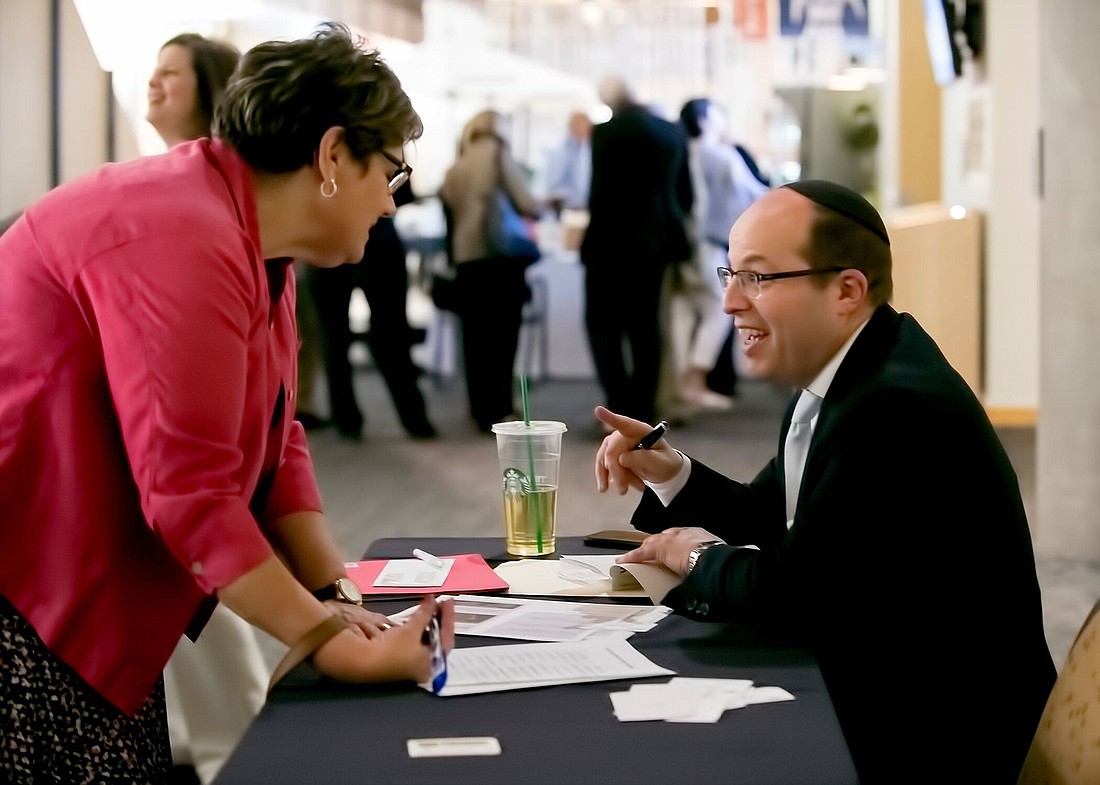- November 24, 2024
-
-
Loading

Loading

At Temple Beth Israel, there will still be a Scholar in Residence lecture like there is every year, but with one big difference. The scholar won’t actually be in residence.
Usually, the Scholar in Residence is a weekend of lectures, dinners and discussions with a Jewish scholar brought in by the temple. Last year’s included live music, dinner, breakfast and high attendance numbers. But this year, it’s a one-night Zoom only event with Rabbi Daniel Cohen, who won’t be in Florida, let alone on Longboat Key.
“In a way, it is easier to secure a speaker in this time and age, because they don't have the burden of travel and lodging arrangements,” TBI executive director Isaac Azerad said.
Cohen is a motivational speaker and author of a book called “What Will They Say About You When You’re Gone: Creating a Life of Legacy,” and Azerad took note of him because of his message of bettering not only your own life, but the world around you as you do so. It’s an upbeat call to action that resonated with Azerad and the rest of those in charge of organizing the event.
“In this time of craziness, I think that's the kind of message we want to bring to the world, that there's hope and we personally can do something about it to enhance the world,” Azerad said. “It stems from a Jewish value of tikkun olam, and basically tikkun olam stems from the words in Hebrew for repairing the world, that we are in a small way tasked to do something to make the world a slightly better place because of our existence.”
Before the pandemic, TBI had a different speaker scheduled. Cohen wasn’t the original choice, Azerad said, but his message fit well with the dire world of 2020, and the original speaker would make more of an impact in person. Azerad pitched the change to the speakers committee, who was enthusiastic about Cohen because of his overarching message of hope. Luckily for TBI, Cohen was available.
“He speaks to the universal language of love and cooperation and living life in such a way that you make an impact on other people, which I think is the message that we all crave,” Azerad said. “Right now that we're in such isolation, he has a way of bringing people together.”
Even in the confines of Zoom, there may be some of the same follow-up to the event as there have been in previous years. Every Friday, the temple has a virtual Shabbat dinner with loosely guided discussion topics. In previous years, the in-person Shabbat dinner would serve as an extension of the scholar’s stay, and Azerad hopes that continues to some degree this year.